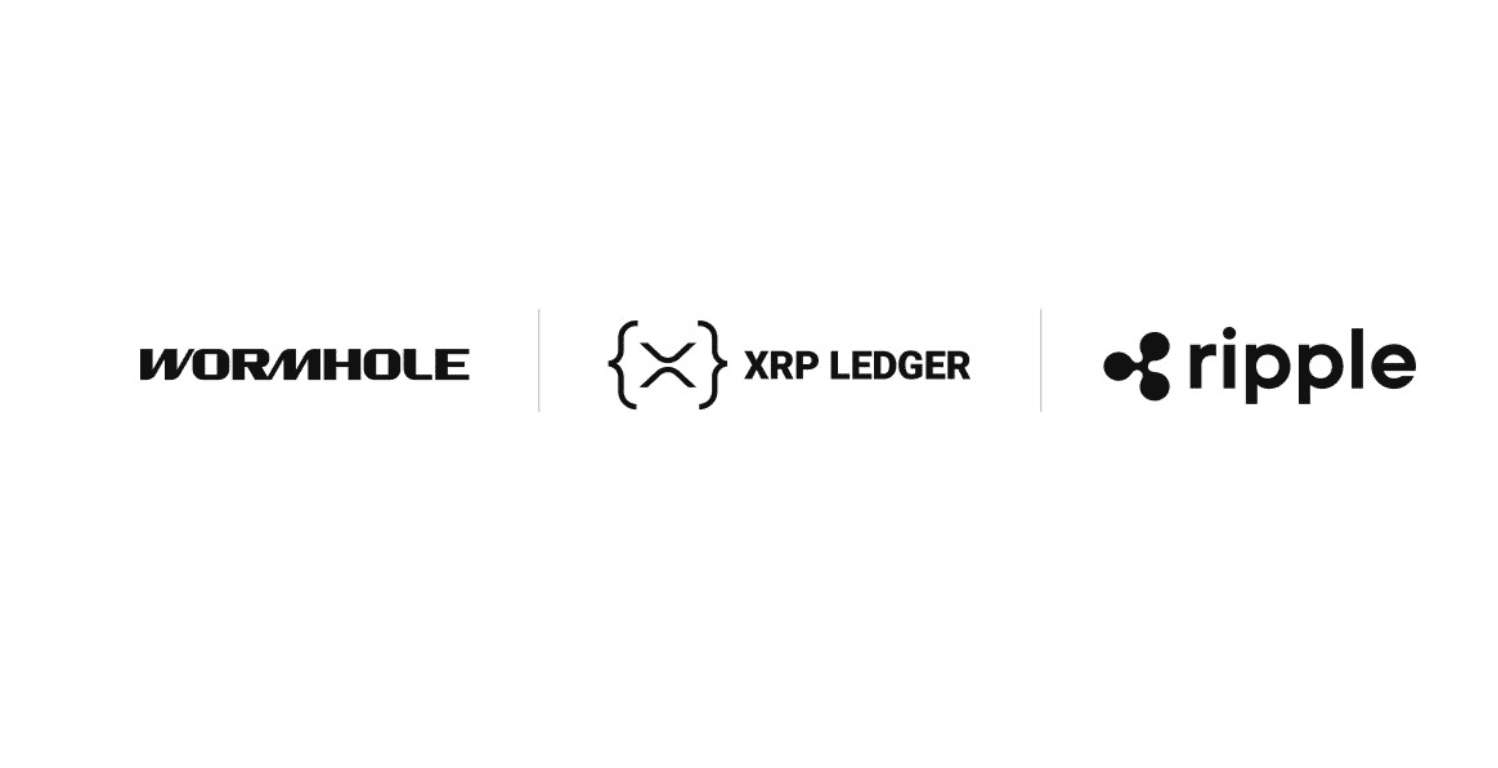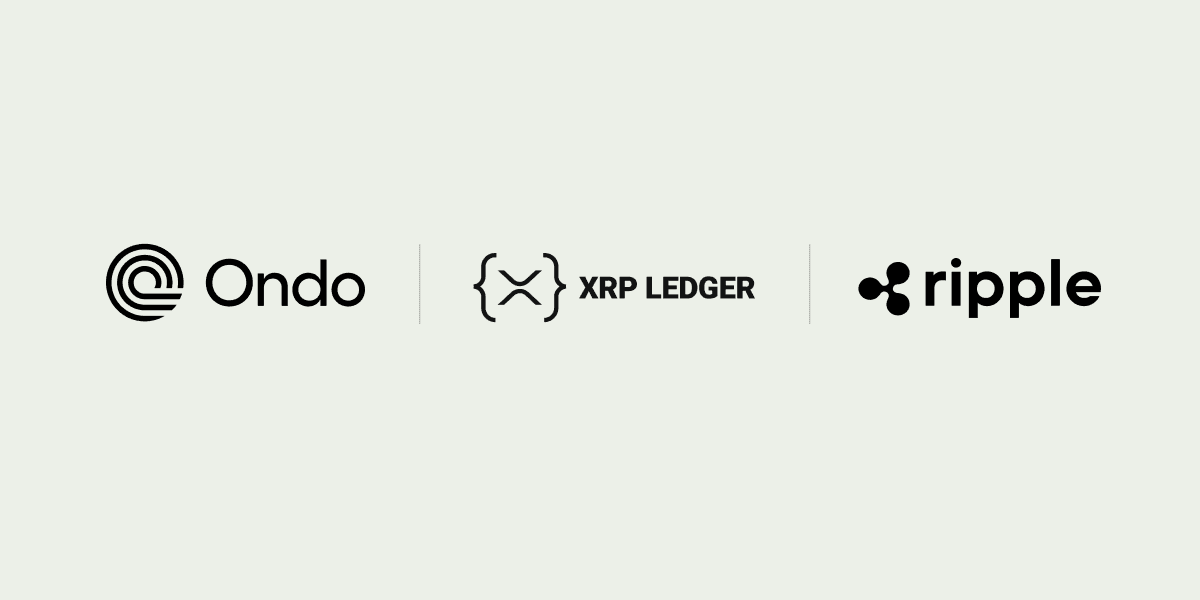Latin America’s largest cross-border payment provider today unveiled the region’s first licensed money service business to use the Ripple protocol.
Astropay, which locally serves 600,000 customers and processes over 5,000 transactions daily, is launching Ripple Latam in seven countries—Brazil, Chile, Colombia, Mexico, Peru, Argentina, and Uruguay—connecting the Ripple protocol with local retail bank networks in each of these markets.
"Ripple LatAm effectively opens the region for business, allowing for real-time B2B cross-border payments between markets in each partner's currency of choice," said Andres Bzurovski, founder of Ripple LatAm. "Now, a European-based business can send euros to be received as Brazilian Real by a business in Brazil within seconds and at a fraction of the cost."
The the continued expansion of the Ripple network is a testament to the real-world problems the protocol solves. As we recently noted, there’s <a href="https://ripple.com/blog/the-problem-with-global-payments-in-one-chart/">no such thing as an international wire</a>. With Ripple, businesses around the world can transact directly without the reserve requirements, delays, and high costs associated with the traditional correspondent banking network.
"With AstroPay we understand the potential for payments but deal every day in its realities and limitations," continued Bzurovski. "Ripple removes the barriers to true global commerce with instant and affordable preferred currency transactions between individuals, businesses and financial institutions."
Bzurovski offered another example specific to the region in an interview with Coindesk, noting that consumers in Argentina are charged a 0.6 percent tax every time they deposit a check. To avoid this cost, businesses must assume the risk themselves by endorsing checks instead of cashing them to transfer funds down the payment chain. In this case, Ripple offers a far better solution.
“Let’s say that I own a supermarket and I buy a lot of meat. I buy the meat from the slaughterhouse and I issue you a check for the meat that I am purchasing. If you deposit the check, you will have to pay that 0.6% – so they take it, endorse it, and pay for the cattle owner. The cattle owner endorses and pays for the grain for the cows will be fed, so everyone tries to avoid depositing the check.”
The proliferation of gateways in new markets is also an opportunity for developers building cheaper, faster, and more efficient remittance services on the Ripple platform.







